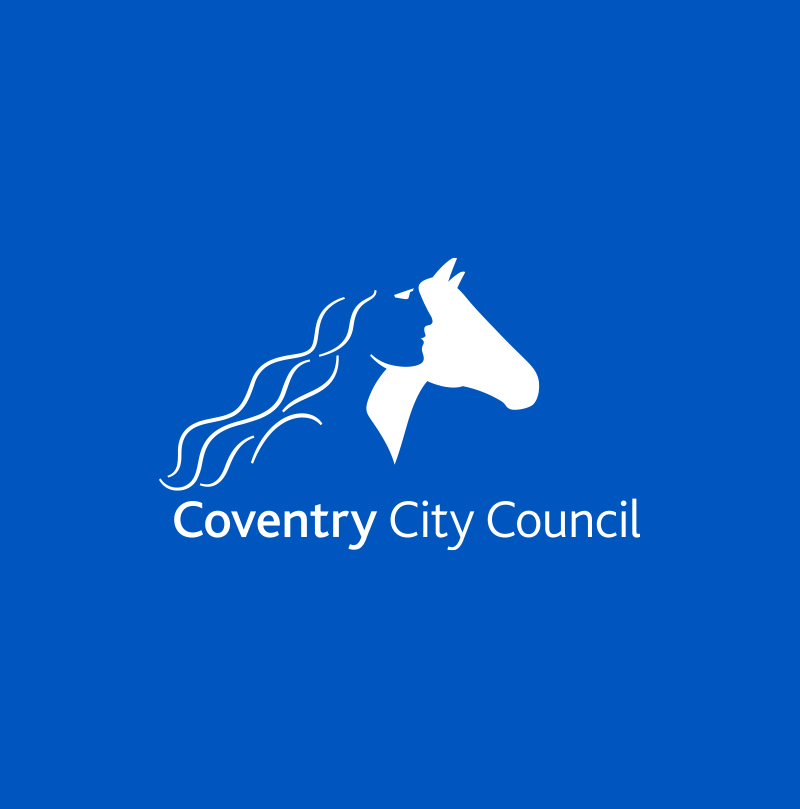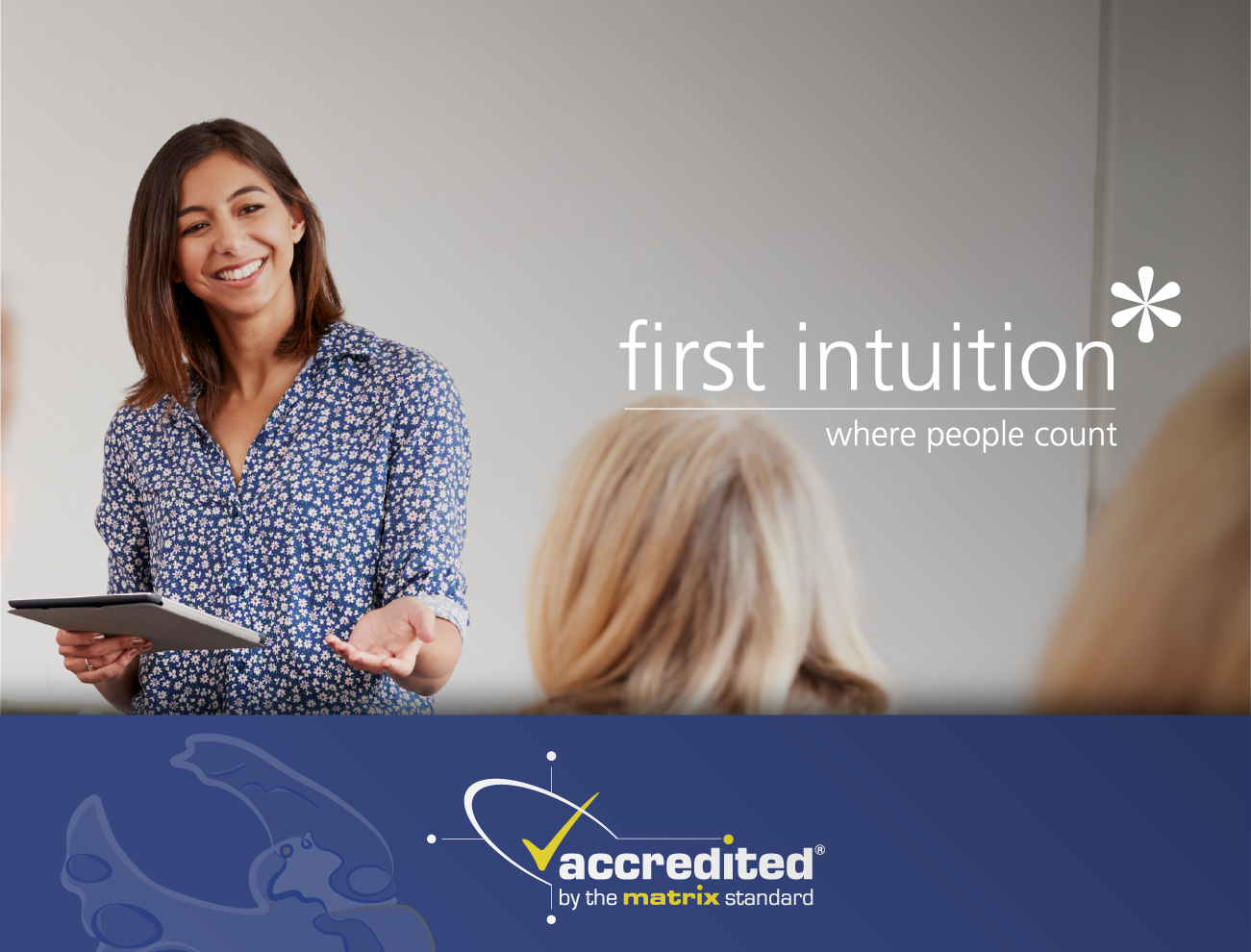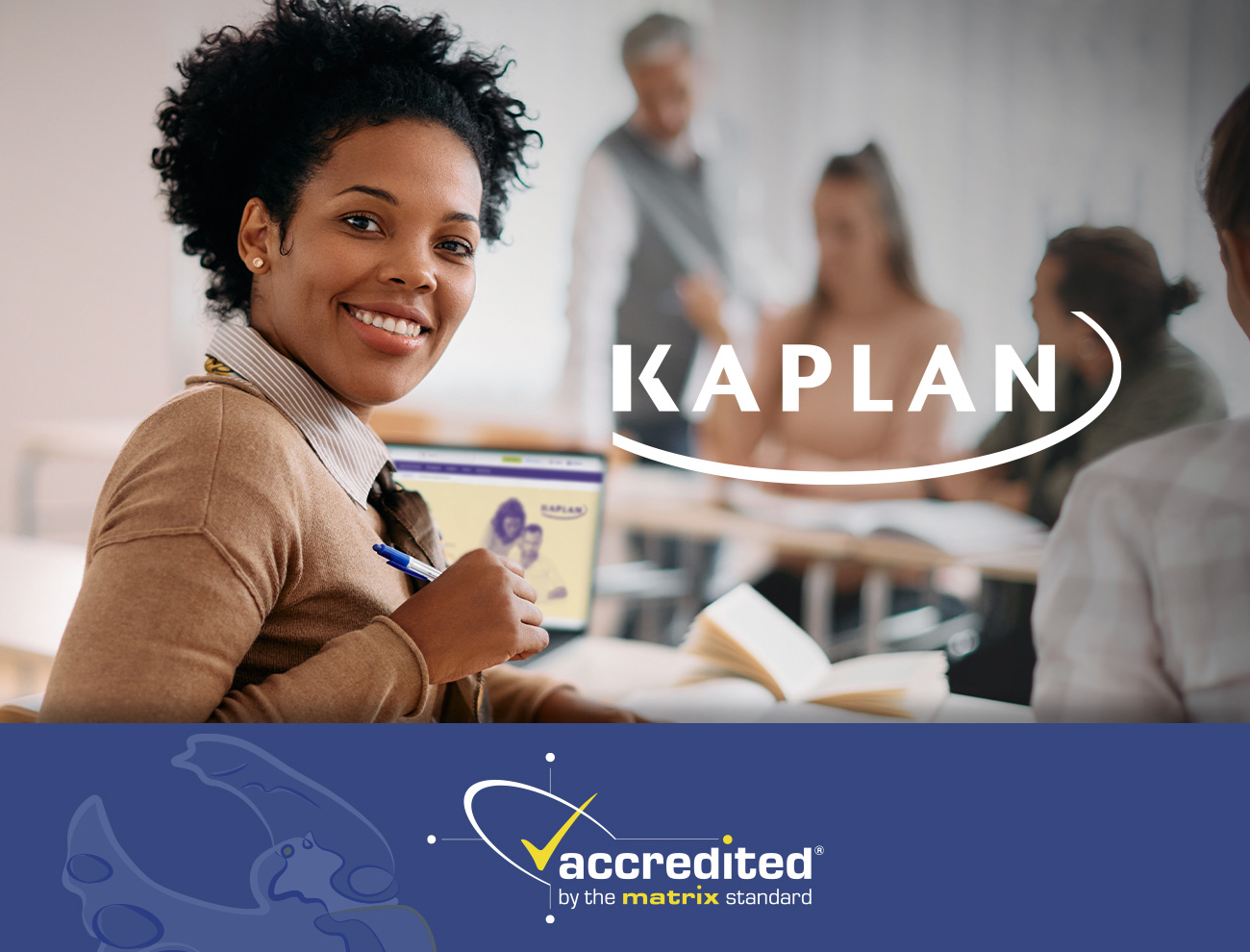
Adult Education Service
WHO:
Coventry’s Adult Education Service is part of Coventry City Council and provides an adult and community education service, along with support for younger people through workplace and classroom learning. The Service is delivered in 26 sites across the city, with additional outreach activity undertaken at schools and childcare settings.
WHAT:
The Workbased Learning curriculum area offers apprenticeships and a study programme to both young people and older learners. The strategy is that apprenticeships are offered in the areas where the Service has acknowledged sector expertise, AND where there is an identified skills gap within the area, namely Business and Administration, Customer Service, Supporting Teaching and Learning in Schools and The Early Years Educator (formally Children and Young People’s Workforce) The majority of apprenticeships are offered within the council but there are a small number of employers who have an apprentice supported by the Workbased Learning Team. Five years ago the team started with small numbers of apprentices to ensure that they had the right IAG systems and processes in place which would support the learner to complete their programme and achieve the identified outcome. The numbers have now grown, and the team currently support circa 70 apprentices on a roll on – roll off programme.
HOW:
The Workbased Learning Team know that for the apprentice to be successful, the provision of effective IAG is key all the way through the learner journey – from before the apprentice starts, (promotion and recruitment), while on programme (retention and achievement) and at the end of the apprenticeship (transition and progression). Promotion and Recruitment: The allocated Workbased Manager will have conversations with the employer / prospective line manager about what they are taking on before the apprentice starts – they also make sure the prospective apprentice is aware of what is required of them to be successful. They have a ‘no surprises’ approach so they have honest and open discussions about what potential issues and challenges both might face during the apprenticeship – and what IAG is available should these come to fruition. This all happens pre-recruitment. A recruitment Signup Meeting finalises all the details of the apprenticeship: how the 20% off the job requirement could to be met, who is going to work with the apprentice day to day, maths and English provision and the potential units for the qualification. In addition, IAG is also provided to the employer on, for example, prevent, safeguarding and the legal duties of employing an apprentice.
A mandatory Professionalism Session is held for apprentices to cover topics such as: what is professionalism, what makes a successful probation period, british values, safeguarding, prevent and what might happen if there is an Ofsted inspection. At the Signup Meeting, the Workbased Manager will set the review dates in the diary with the employer and the apprentice for the year ahead. Demonstrating their importance to both parties. All the information which has been shared during the Signup Meeting is then shared via the eportfolio for reference.
“It is important at this early stage that both the manager and apprentice make a commitment to a model they are happy with – not one that we impose.”
Retention and Achievement: The Service has clear role demarcations in terms of IAG.
The Assessor is the person who, once the apprentice is recruited, works with them and their employer providing appropriate levels of IAG to enable the achievement of the learning outputs and outcomes of the qualification to be achieved.
The job of the Workbased Manager is to provide IAG that keeps the apprentice and employer onboard, they have an overview of the whole learner journey – not just the qualification.
WHAT:
Review Meetings: The initial review meeting between the Workbased Manager, apprentice and the employer takes place 6 weeks after the apprentice has started. This is very much about reviewing the decisions made at the Signup Meeting and making sure they are still appropriate – it gives the opportunity to change anything to meet the needs of the apprentice and their employer. It is an opportunity to reflect on the information shared and to clarify things. The Assessor will have also visited the apprentice and the employer prior to this meeting so it is also an opportunity to ensure there are no outstanding questions about how the qualification is going to be structured, how the off the job element will be provided etc.
The two scheduled reviews between the Workbased Manager, the employer and the apprentice are at months 4 and 8 – with additional reviews being scheduled if required. These reviews are seen as integral to the success and achievement of the apprentice as the Workbased Manager has a holistic overview of the learner journey. Managers who are new to apprenticeships are often nervous and appreciate having a named contact to go to who can provide them with the relevant IAG they need to keep the apprentice engaged. It is felt important the apprentice knows that the Work-based Manager, the assessor and the employer all communicate with each other and that together with the apprentice they are all on the journey – supporting the apprentice towards their agreed outcome. The reviews undertaken by the Work-based Manager compliment the work of the assessor and take in a holistic view of the apprentice journey – they gain an independent and objective view of what is happening. They look at the whole personal development journey of the apprentice – not just the vocational aspect of the programme. They look at the progress on everything – the workplace, support issues, the personal development of the apprentice as an employee.
“It is the whole of the journey not just the vocational qualification – we know very quickly if things are going wrong – we have good relationships with the manager of the apprentice – we are engaged with the employer as well – it’s a partnership.”
THE IMPACT OF IAG:
At a base level the IAG provided helps develop relationships with the employer. At the end of the programme an evaluation is undertaken with the apprentice and the employer – the results are always either good or outstanding in terms of the information, advice and guidance support provided. Retention and achievement is excellent Of the 7 frameworks offered – 100% retention and achievement is currently being achieved in 5 of them with the remaining 2 achieving on or around 90%.

“Overall 93% of our apprentices go on to a positive work outcome or progression onto a higher-level apprenticeship. We believe these figures support the approach we take to providing effective, impartial IAG. to the employer and the apprentice”
Transition & Progression: An awards ceremony is held twice a year. Held in the Lord Mayors hospitality suite, the certificates are presented by the relevant Cabinet Member for Education. Employers were invited too, and they are asked to either read out or provide a quote highlighting the difference the apprentices have made to their business / department. This maintains the engagement of the employer and is a really positive ending to the apprentice journey and a springboard onto a successful and rewarding career.






